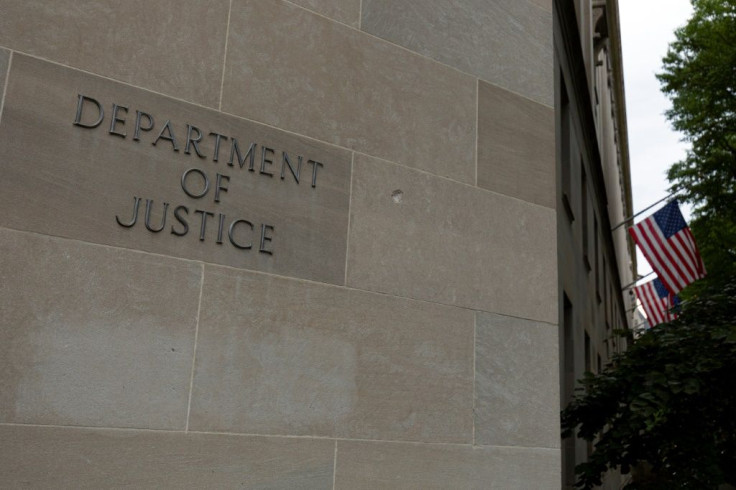Why Can’t Movie Studios Own Theaters? DOJ Vies To Amend Decrees

The Department of Justice (DOJ) antitrust division is taking another look at the Paramount decrees in an effort to adjust and amend the laws that have been in effect for decades.
On Monday, the head of the division, Makan Delrahim, revealed to the American Bar Association that they were revaluating the Paramount consent decrees, which barred studios from owning theaters, and their continued necessity, specifying that they were outdated in the modern industry.
According to Variety, Delrahim voiced a variety of concerns about the laws, including the various technological changes that have helped the industry evolve since they were first enacted in 1948.
“We cannot pretend that the business of film distribution and exhibition remains the same as it was 80 years ago,” he said.
The Paramount Decrees involved a major antitrust case surrounding that of Paramount Pictures and the Supreme Court. The case itself, United States v. Paramount Pictures, Inc., detailed exclusivity rights and ownership over theaters. The law disallowed studios from owning their own theaters in order to stave off threats of malicious distribution practices.
The laws became the very stepping stone for contemporary methods in movie production and distribution. Along with movie theater ownership, the decree also details various anti-competitive practices, like “circuit dealing,” which can be a signed deal amongst theaters in one circuit, to “block booking,” the sale of multiple films in one package.
Today's technology has seemingly made these laws null and void, and Delrahim vies to ensure that “consumer-enhancing innovation” remains at the forefront of the industry. Said practices are, of course, not legal as of yet. The DOJ will attempt to terminate the decrees in court, however, block booking and circuit dealing will specifically remain on a two-year sunset provision.
Having opened the argument in 2018, Delrahim also invited a closer look at other legacy judgments, as well. He added in his speech on Monday:
“Rather, consistent with modern antitrust law, the Division will review the vertical practices initially prohibited by the Paramount decrees using the rule of reason. If credible evidence shows a practice harms consumer welfare, antitrust enforcers remain ready to act.”
The DOJ has remained consistently busy, having only recently indicted an ex-Google engineer for stealing and reappropriating trade secrets, in addition to unveiling a Medicare scam in Texas. With Hollywood now on their radar, the DOJ seeks to reinvent the way modern movie distribution is considered in line with consumer interests.
© Copyright IBTimes 2024. All rights reserved.





















